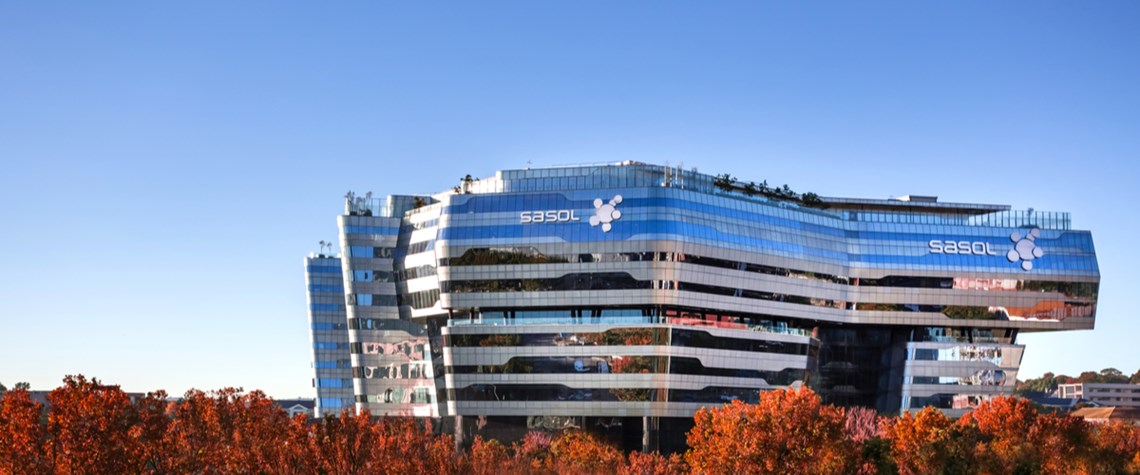Sasol stakes its survival on coal replacement and green H<sub>2</sub>
The South African company—which makes synthetic fuels from coal—is struggling to survive in a low-carbon world
South African energy and petrochemicals company Sasol has been slow to respond to the climate crisis, despite the existential threat it poses to its core business of producing synthetic fuels from coal. It has so far committed to reducing its South African emissions by 10pc by 2030, from its 2017 baseline of 63.9mn t of CO2e. The target has been criticised by environmental campaigners for being too little, too late Sasol may not have the means to move any faster. Low oil prices in the wake of the Covid-19 pandemic, and the company’s disastrous investment in the Lake Charles chemicals project in the US, led Sasol to report a loss of $5.5bn for the year to June 2020. Sasol chief executive Flee

Also in this section
9 January 2026
A shift in perspective is needed on the carbon challenge, the success of which will determine the speed and extent of emissions cuts and how industries adapt to the new environment
2 January 2026
This year may be a defining one for carbon capture, utilisation and storage in the US, despite the institutional uncertainty
23 December 2025
Legislative reform in Germany sets the stage for commercial carbon capture and transport at a national level, while the UK has already seen financial close on major CCS clusters
15 December 2025
Net zero is not the problem for the UK’s power system. The real issue is with an outdated market design in desperate need of modernisation







